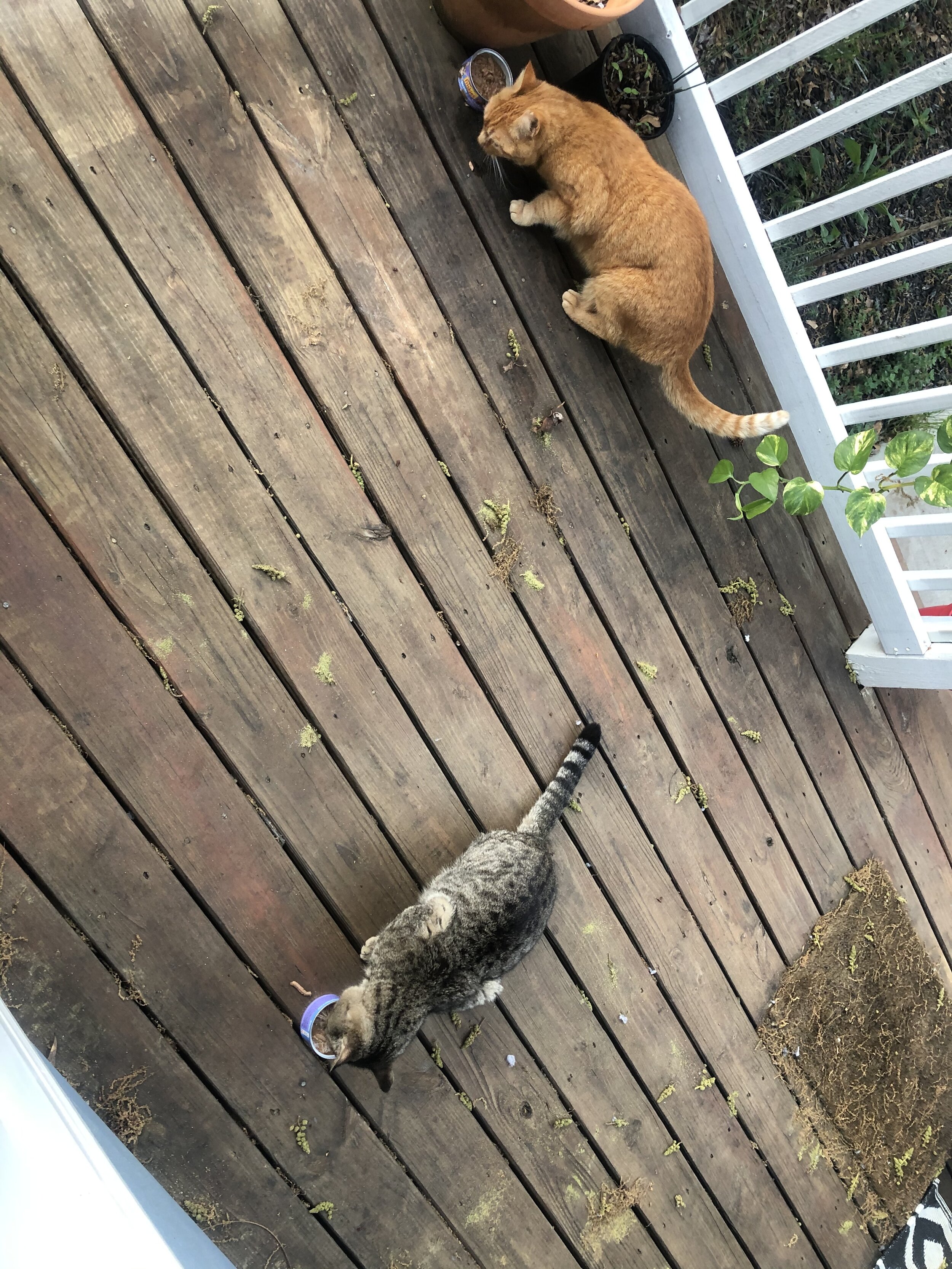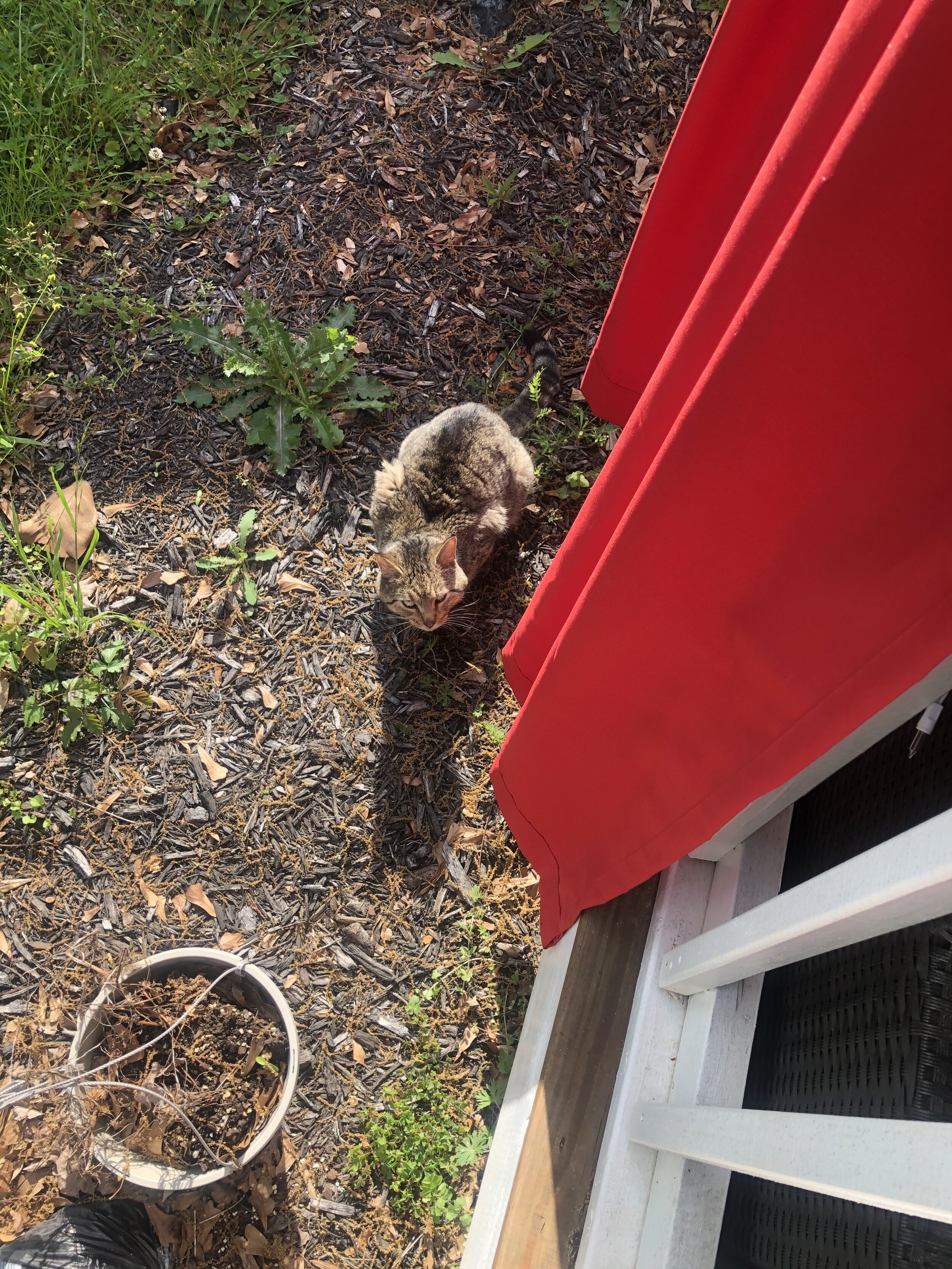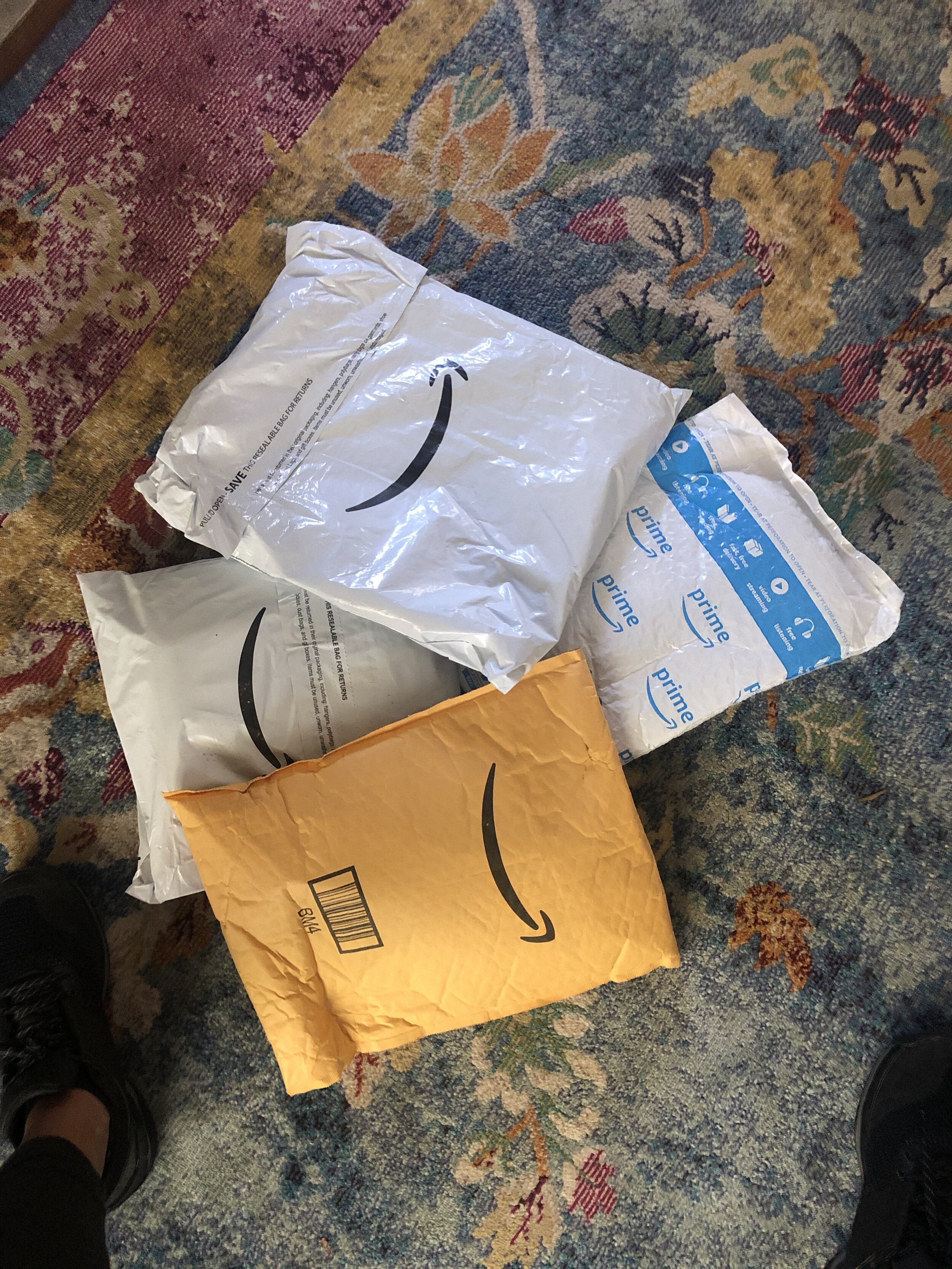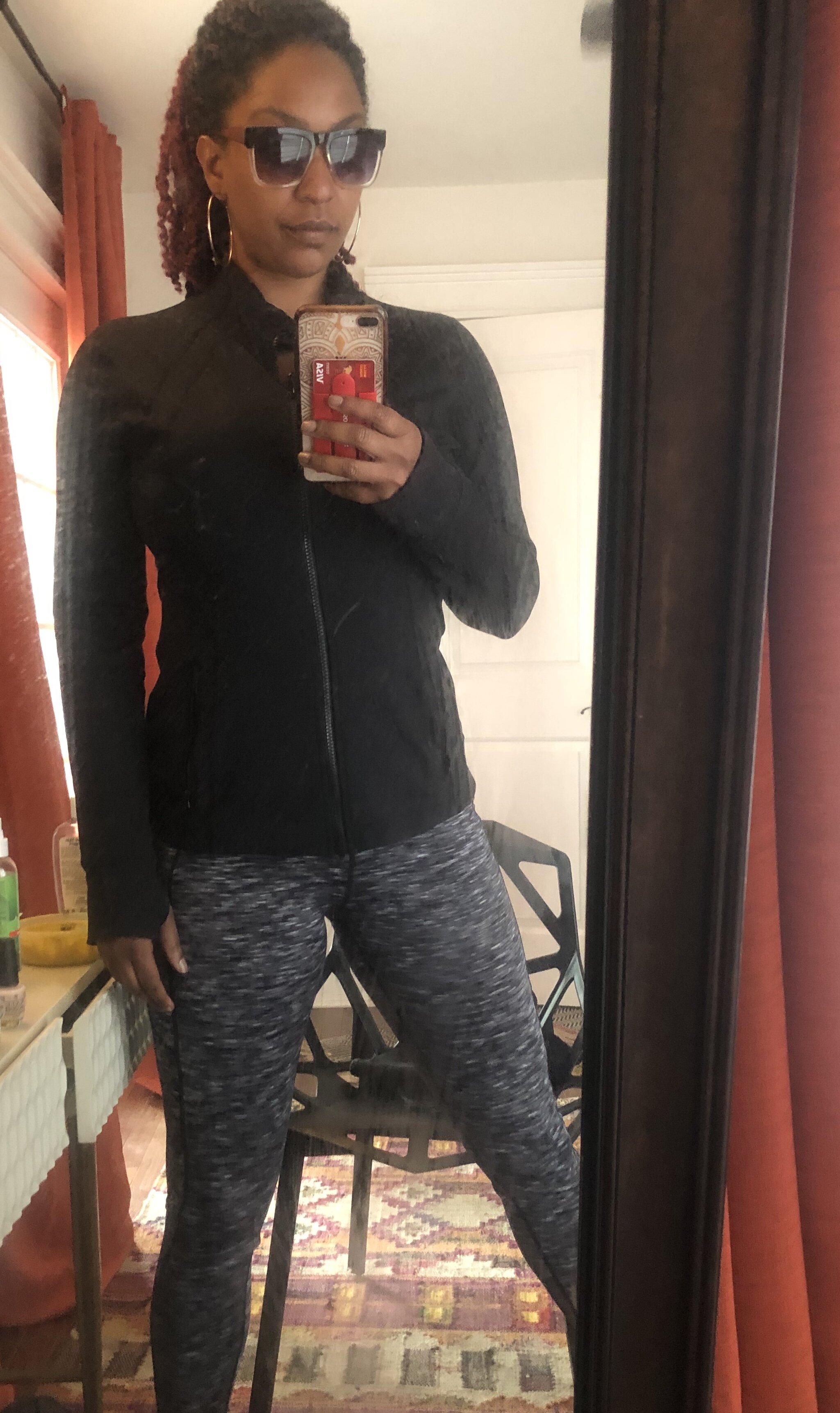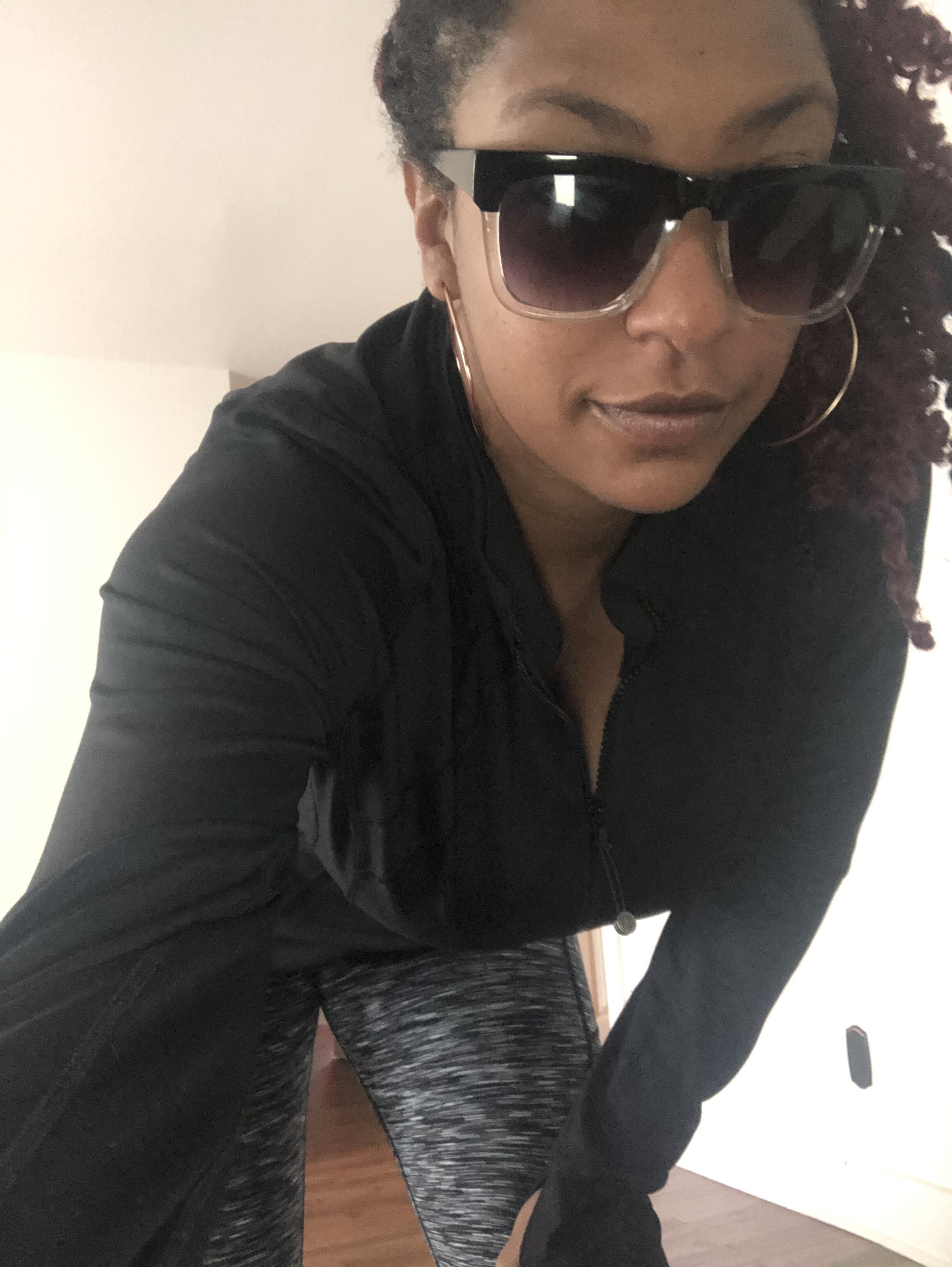Covid chronicles: The Digital workplace in the time of a pandemic
It should go without saying that as a member of Coca-Cola’s Digital Workplace team, my work life has immediately grown more hectic.
It should go without saying that as a member of Coca-Cola’s Digital Workplace team, my work life has immediately grown more hectic. Over the past few weeks, we’ve suddenly become the hottest ticket in the organization.
The Digital Workplace team owns and manages all of the web-based tools that allow employees to get work done in non-physical spaces. These tools include everything from the company intranet site, to email, to the videoconferencing system. But most importantly, it includes our collaboration and community-building platforms: Microsoft Teams and Yammer.
Enabling a global organization of knowledge workers to keep working while unable to leave their homes is a big ask, and many of our tools are brand spanking new. Plus, we’re a small team, so all of us are now wearing many hats, while dealing with a ton of new needs that we have to respond to quickly. In a way, it’s been kind of exciting. We’ve shifted from a slow-moving corporate department to a more scrappy, start-up like team. A welcome change for me with my unconventional career background.
Some of the ways I’ve seen the digital workplace change or be changed since the coronavirus pandemic began:
Metrics matter now more than ever.
I run the metrics and reporting function for Coke’s Digital Workplace team. Since the company mandated working from home, the demand for data, metrics and reports from my team has skyrocketed. Stakeholders in HR, IT, Public Affairs and the executive suite are keen to understand how employees are using our digital workplace tools, how much cross-functional collaboration is happening, are official messages reaching the right audiences? What are employees talking about and searching for? What’s the general sentiment at this time?
Innovation and experimentation are at an all time high.
They say necessity is the mother of invention. I’ve been amazed at the creative ways workers around the globe are using the existing digital workplace tools. The past month has seen us host the first company-wide town hall via Yammer livestream, create an internal classifieds tool to help identify and fill critical and shifting talent needs, create new client intake and feedback solutions….. People are using the digital workplace tools in new ways because they have to.
Team structures are more fluid. There’s less of the rigid organizational hierarchy and organizational politics at play. Priorities have shifted almost overnight, leaving some previously top-of-mind projects overstaffed, while other teams are struggling to keep up with new demands. The digital workplace infrastructure enables previously un-connected teams to quickly and easily create blended teams to meet these demands. Individual workers are proactively seeking out other teams and projects they can lend their talents to. Tools like chat, video calls, Sharepoint knowledge repositories, and digital whiteboards make the re-tooling and re-teaming frictionless and has eliminated many of the artificial barriers that have kept teams from collaborating more often.
The potential for message overwhelm is high.
Coke already sends out several employee surveys and lots of official announcements to the employee community on a regular basis. The surveying and messaging has probably doubled since the coronavirus pandemic started. While I think it’s always better to communicate more than less, it can be overwhelming for employees who are also dealing with anxiety, uncertainty and possible increased workloads. Where do I look for what? Where was that one message I saw that one day? The proliferation of 1:1 chats and meetings also adds to the communications overload some employees are experiencing right now.
Authentic storytelling is becoming more commonplace.
In a time when people really need to share and express more than just data and facts about their work, the digital workplace tools provide the media for this expression to happen. Sharing a peek into their non-work lives - anything from a funny meme, to a story about an elderly family member who contracted coronavirus and pulled through, to celebrating what small feat they’re most proud of accomplishing this week (and yes, getting dressed everyday counts!) - is helping employees mete out a little psychological comfort to themselves and their colleagues. This humanizes the experience of work - especially in uncertain times.
Kisha Solomon is an Atlanta-based writer, knowledge worker and serial expat. She writes witty, poignant stories about the lessons she’s learned from her life, work and travels. She deals with the sometimes frustrating and often humorous side effects of being black, female and nerdy. When she’s not writing working or travelling, you can find her in deep conversation with herself or her four-legged familiar, Taurus the Cat. www.lifeworktravels.com
Covid chronicles: 5 ways my life has changed since the shutdown
I remember saying to more than one person during the initial weeks of quarantine, “My life hasn’t really changed that much…”. But after multiple weeks of sheltering-in-place orders, there have been some pretty interesting developments.
I remember saying to more than one person during the initial weeks of the Covid-19 quarantine, “My life hasn’t really changed that much since we’ve been on lockdown.”
In many ways that remains true. But after 4 weeks of following shelter-in-place orders, there have been some pretty interesting developments that would not have happened otherwise.
Back from a bike run to my neighborhood corner grocery story for wine and snacks.
Life is more ‘village like’. I have a much smaller footprint these days. I stay in my ‘hood, and when I can, I make my store runs on foot or bike. I haven’t been to a big box store since before the shutdown. I’ve been able to get all I need from the Dollar General down the block, the neighborhood ‘bodega’, and the discount grocery store that’s 6 minutes away by car. (Update: I finally broke down and went to Home Depot for plants last week. I stayed outside.)
2. I now have 2 cats. Sometime between the first and second weeks of quarantine, my cat showed up with a newfound friend at the back door for his morning feeding. ‘How nice,’ I thought, ‘even kitty is getting into the spirit of sharing and sacrifice for the greater good. We have extra. We can share for a few days.”
That was over 3 weeks ago.
3. My outdoor spaces are my sanity’s salvation. I rarely sat at my desk when I was working in an office, yet when I first started working from home full time, that’s exactly what I did. A few long work days of staying tied to my desk, and I not only had a literal pain in the neck, I felt like a caged mouse. After seeing one of my team leads join a call from the back porch of her cabin, I felt inspired to do the same. I started taking more and more calls from outside on my back porch. Thankfully, the area I live in has lots of birds and spring wildlife on display, so I now feel like I’m working from a park - I get lots of natural sunlight, fresh air, and get to do cool things like this while I’m working:
Hangin’ with the carpenter bees.
4. I’ve decided to go camping. I take 1-2 solo camping trips a year, and they’re one of my favorite ways to unplug and recharge. When I solo camp, I may be somewhat isolated, but I’m never cooped up. I spend a lot of the day near, but outside of the tent or yurt. So I’ve decided to take that perspective while being quarantined. I now do much more of my ‘daily living’ outside. I cook outside, have my morning coffee, read, work, listen to music, nap. And every day, almost all day, I keep multiple windows and doors in the house open. This keeps the inside air feeling fresh and allows me to easily move between inside and outside spaces. There’s less of a barrier to ‘going outside’. I feel like I’m just going to another room of the house.
5. I have an outfit. Week 1 of quarantine, I was so overwhelmed and sleep-deprived, that I essentially wore the exact same outfit 3 days in a row. Determined not to be that disgusting ever again, I did the most practical thing I could think of. I ordered 5 of the same outfit from Amazon that day. I’ve been calling it the ‘everyday ninja’ line. It consists of a pair of yoga pants with utility pockets, a sports bra and a track jacket paired with either black Reebok or Kenneth Cole sneakers. In fact, the whole ensemble is black. Except for the 1 green sports bra I wear when I’m feeling festive. In this simple, form-flattering, practical - and most importantly, stretchy - ensemble, I’m ready for anything from a marathon day of video calls (throw on a cute scarf for biz-cas ninja!), to a quick walk or bike ride between meetings, or a weekend of binge-watching Netflix while bingeing on wine and snacks. Fashion. But make it quarantine.
Obviously things are also a lot more lonely these days, even for an introvert like me. Aside from that, I feel like many of the personal changes I’ve experienced are actually kind of positive. I also know that makes me very lucky in a time like this. I still have a job. My provisions are well-stocked, and I have enough space to move around in without fear or restriction.
So, as the days in quarantine tick by, and repeatedly hearing the phrase ‘the new normal’ becomes the new normal, I often stop and ask myself, ‘What have I got to complain about?’
Kisha Solomon is an Atlanta-based writer, knowledge worker and serial expat. She writes witty, poignant stories about the lessons she’s learned from her life, work and travels. She deals with the sometimes frustrating and often humorous side effects of being black, female and nerdy. When she’s not writing working or travelling, you can find her in deep conversation with herself or her four-legged familiar, Taurus the Cat. www.lifeworktravels.com
Covid Chronicles: Oh So You Thought You Were Just Gonna Work From Home?
As a single person with no kids, my work-from-home adjustment hasn’t been the same as my coworkers’, but it has come with its own challenges.
Look. I don’t have any kids. I don’t have a spouse or a live-in significant other or even a roommate. I have earned the right to be free of such encumbrances.
“This is a total change to our lives. It’s surreal.”
So all I know about the experiences that working parents with kids are having during the Covid-19 shutdown is through first- and second-hand accounts from my coworkers and friends.
One of my coworkers confessed today:
“Everyone at my house is stressed.” She doesn’t trust her two boys to go off on their own because they don’t get along and they have the shaky reasoning and judgment of pre-pubescent males. Her husband is getting irritated, even though he agreed to cover the kids while she attends to her work day. “This is not just working from home,”she laments. “This is a total change to our lives. It’s surreal.”
Things are slower. Priorities are different. You have been impacted.
On a regular work day, you’re focused on a variety of relationships - with your colleagues, your boss, your staff, the lady in the lunchroom. Your spouse and kids are in the background. They wait until you get home. You carve out space for them at the end of your work day, to make sure you give them the time and energy they deserve.
source: The New Yorker
Now that you are at home, this all has to shift. Your coworkers and all of those interactions are in the background. Your family and housemates are in the foreground. The people at your job may not only need to recognize that you are human, but that they are too.
Hell, you may even be having a hard time coming to that realization.
“The shape of work is changing… and it won’t be coming back.”
Another of my coworkers who has a toddler, has a block of time on her calendar titled, ‘toddler time’ (she uses her baby’s name instead). Not only has she prioritized and protected that precious time, now, when I look at her calendar, I’m aware of what’s really important to her, or at least, of what she needs to do to make her day work for her and the people she lives with.
As a single person with no kids, my work-from-home adjustment hasn’t been the same as my coworkers’, but it has come with its own challenges. Yes - all my snacks are my own to eat; No - I don’t have to worry about somebody doing or saying something weird in the background of a work call I’m on, nor do I have to feed, educate or entertain anyone in my household.
But, I am the only pair of hands in my house. Which means all of the extra work of work - the 9-to-5 days that are now more like 8-to-10, plus all the extra work of home - cooking multiple meals a day, doing dishes, grocery shopping, laundry, grooming, yardwork - are now mine and only mine to do.
Adjustments have definitely been made.
Kisha Solomon is an Atlanta-based writer, knowledge worker and serial expat. She writes witty, poignant stories about the lessons she’s learned from her life, work and travels. She deals with the sometimes frustrating and often humorous side effects of being black, female and nerdy. When she’s not writing working or travelling, you can find her in deep conversation with herself or her four-legged familiar, Taurus the Cat. www.lifeworktravels.com







